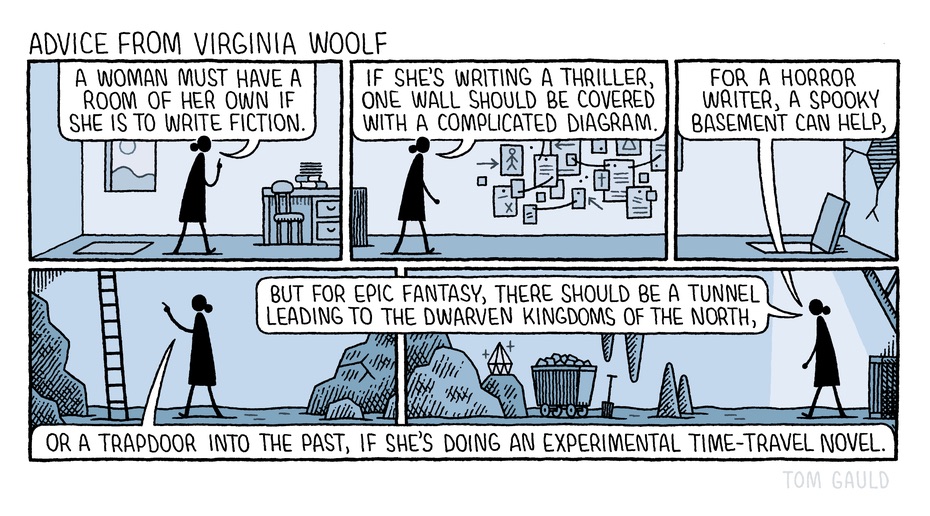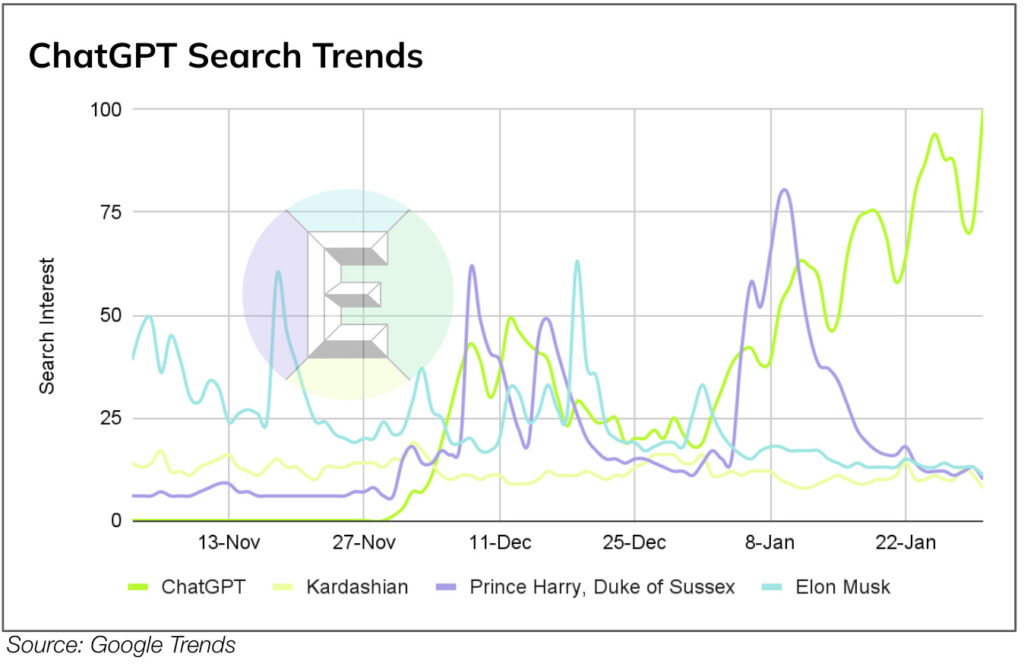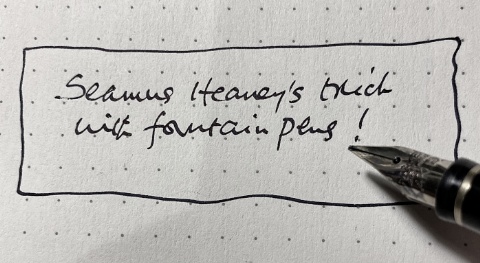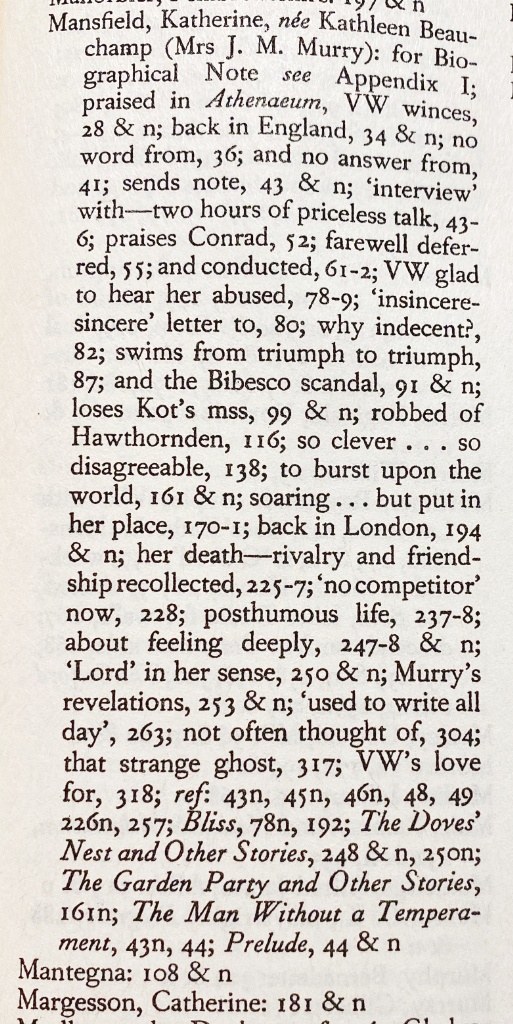I’m here: where are you?
Quote of the Day
”Cryptocurrency is a game played by suckers and manipulators. Guess who’s winning? “
- Dan Gillmor
Musical alternative to the morning’s radio news
Mozart | Dove Sono I Bei Momenti | The Marriage of Figaro | Kiri Te Kanawa
Played at the funeral of Nick Herbert on Friday.
Long Read of the Day
Sam Bankman-Fried is not a child
But the media is treating him like one.
Great blog post by Molly White. I especially liked the sting in the tail…
Here’s how it opens, though.
He appears to have lived independently of his parents since 2010, when he left his childhood home near Stanford to move in to a big house in Cambridge with other MIT undergrads. After he graduated he went to New York to work at Jane Street, then moved back across the country to Berkeley for a brief stint at the Centre for Effective Altruism. He was 25 when he founded Alameda Research, and 27 when he founded FTX. He moved with FTX to Hong Kong, then took it with him to Nassau in The Bahamas in 2021. Only recently did he return home, moving back in with his parents in their Palo Alto home while he’s confined to house arrest.
But reading headlines and news stories, you would be forgiven if up until now you had thought he was a teenager still driving around on a learner’s permit, who picked up cryptocurrency trading to avoid the types of high school summer jobs that might force him to go outside.…
Keep reading. It’s worth it.
ChatGPT isn’t a great leap forward, it’s an expensive deal with the devil
Yesterday’s Observer column.
(Excuse the hyperbolic headline. One thing all newspaper readers should know is that columnists never, ever get to write the headlines over what they’ve written! That’s the prerogative of the sub-editors who make sure the content is fit for human consumption.)
Sometimes, those who would forget history are condemned to repeat it. For those of us with long memories, the current fuss – nay hysteria – surrounding ChatGPT (and “generative AI” generally) rings a bell.
We have been here before: in January 1966, to be precise. That was the moment when Joseph Weizenbaum, a computer scientist at MIT, unveiled Eliza, which would have been called the world’s first chatbot if that term had existed at the time. Weizenbaum wrote the software (in a programming language intriguingly called MAD-SLIP) to demonstrate that communications between humans and computers were inevitably superficial. It did that by providing a text box in which one could exchange typed communications with the machine. Inside the program was a script (christened DOCTOR by Weizenbaum) which parodied the exchanges a patient might have with a psychotherapist who practised the person-centred therapy pioneered by Carl Rogers. (The program’s name came from Eliza Doolittle, the cockney lass who was taught to “speak proper” in Shaw’s play Pygmalion.)
Do read the whole thing.
Books, etc.
Apropos my recent musings on Virginia Woolf.
Another wonderful cartoon by Tom Gauld in the Guardian.
Chart of the Day
Google searches for “ChatGPT”.
H/T to Azeem Azhar
My commonplace booklet
Balloonacy
You may have noticed the fuss over the Chinese surveillance balloon drifting over the US — coincidentally taking in some nuclear launch sites in Montana. I was much taken by Walter Kirn’s account,“The Chinese Spy Balloon Over My House” and I hope you will be too.
We weren’t supposed to notice the floating intruder. According to Bloomberg, the federal government was already aware of the balloon, and had been for several days, but they wished to keep the matter on the “down-low” so as not to disrupt a coming meeting between Secretary of State Antony Blinken and high Chinese officials.
Too bad for the bigwigs. They miscalculated, perhaps because they dwell in cities, where people tend to stare into their phones rather than idly admiring the heavens, spotting anomalous aircraft now and then…
This Blog is also available as a daily email. If you think that might suit you better, why not subscribe? One email a day, Monday through Friday, delivered to your inbox. It’s free, and you can always unsubscribe if you conclude your inbox is full enough already!


















